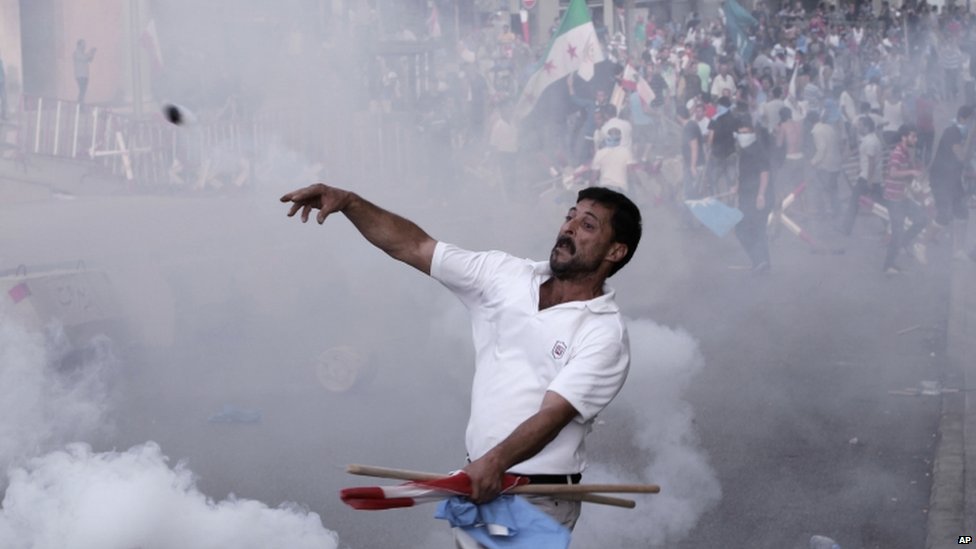By Ryan Aliman
Impunity Watch Reporter, Africa
KHARTOUM, Sudan – UN Secretary-General Ban Ki-Moon has demanded the government of Sudan “to conduct a full investigation” of the attack on the African Union-United Nations Mission in Darfur (UNAMID) last Wednesday.

The ambush of the UNAMID convoy left one peacekeeper, Private Vincent Mthuthuzeli van der Walt, dead. Two others were wounded, namely, Corporal Kabelo Ronald Sebe and Private Thabiso Sydwell.
In a statement issued through his spokesman, Martin Nesirky, the Secretary-General also urged the government “to ensure the perpetrators are brought to justice”. “The secretary general expresses his condolences to the government of the Republic of South Africa, UNAMID and to the family of the fallen peacekeeper,” added Nesirky.
Moreover, the 15 members of the UN Security Council denounced the assault on the peacekeepers who all had South African nationality. “We strongly condemn Wednesday’s armed attack in North Darfur on a UN convoy comprised of military, police and civilian staff, including two human rights officers,” stated Ravina Shamdasani, the spokesperson for the Office of the UN High Commissioner for Human Rights (OHCHR), during a press conference in Geneva. The UN Security Council reminded the Sudanese Government that it was responsible for the protection of all the staff and members of the peacekeeping mission.
The attack on the peacekeeping operation comes after Sudan leaders attempted to make amends with South Sudan. Both countries recently ratified a deal that settles some of the unresolved issues from the 2005 peace deal that ended Sudan’s civil war.
According to the Department of International Relations and Co-operation, the UNAMID peacekeepers were on an “assessment mission” of 16 vehicles led by a deputy force commander. The convoy was on its way to Hashaba North in Kutum district to “follow up reports” on growing unrest in the area. Violence and ethnic hostilities in Hashaba have been on the rise since August this year when a local officer was murdered during a carjacking heist. As the UNAMID group was reaching its destination, it was attacked by unidentified assailants armed with automatic weapons and mortars.
Reports show that this is the second ambush this month involving UNAMID peacekeepers. The first one happened on October 2 where four Nigerian peacekeepers were killed in an attack near El-Geneina, in West Darfur state.
In total, 43 peacekeepers have been killed since the establishment of UNAMID in December 2007. UNAMID, whose mandate is to “protect civilians and monitor human rights violations”, remains to be the largest peacekeeping operation in the world with more than 22,000 international troops and police officers and an annual budget of about $1.4 billion.
For further information, please see:
Independent Online – Call for probe into SA man’s death in Sudan – 19 October 2012
United Press International – Sudan criticized after peacekeeper killed – 19 October 2012
UN News Centre – UN human rights office calls on Sudan to investigate attack on convoy that killed peacekeeper – 19 October 2012
Al Jazeera – UN demands probe into Darfur mission attack – 18 October 2012
Independent Online – Dead SA peacekeeper named – 18 October 2012
United Press International – Peacekeepers ambushed in Darfur – 18 October 2012
United Press International – 1 Peacekeeper Killed, 3 Wounded in Darfur – 17 October 2012
The Nation – Ambush kills four Darfur peacekeepers – 04 October 2012



